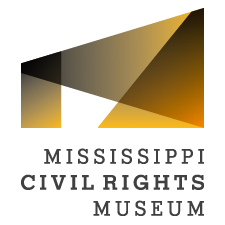Dr. A. B. Britton
Dr. A. B. Britton
Dr. Albert Bazaar Britton Jr. returned to Mississippi after completing medical school at Howard University, providing quality healthcare to local African Americans from his medical practice on Farish Street in downtown Jackson. In 1965, the highly decorated veteran was appointed to the Mississippi Advisory Committee to the US Commission on Civil Rights. He testified on voting rights violations and the unequal treatment of African Americans across the state. Britton later became the first African American doctor on staff at Baptist Hospital in Jackson.
